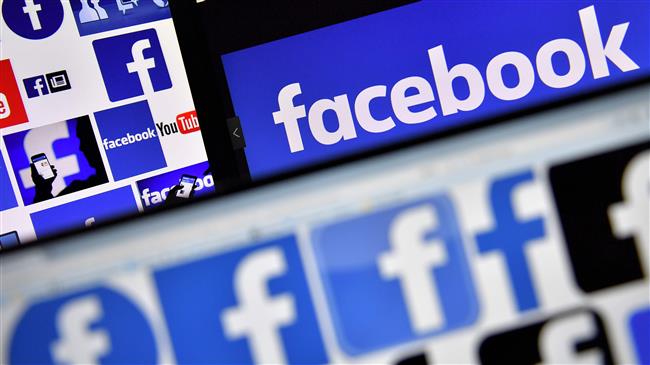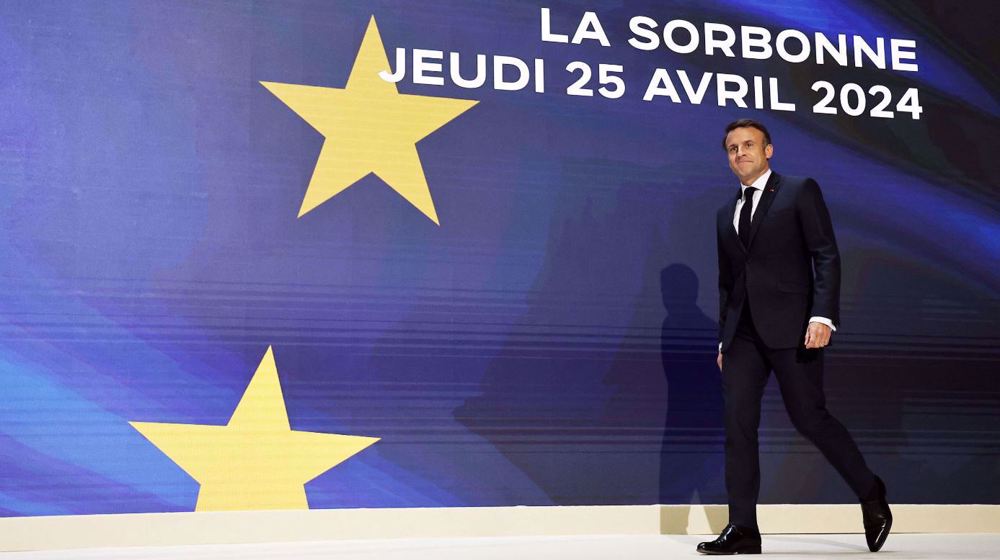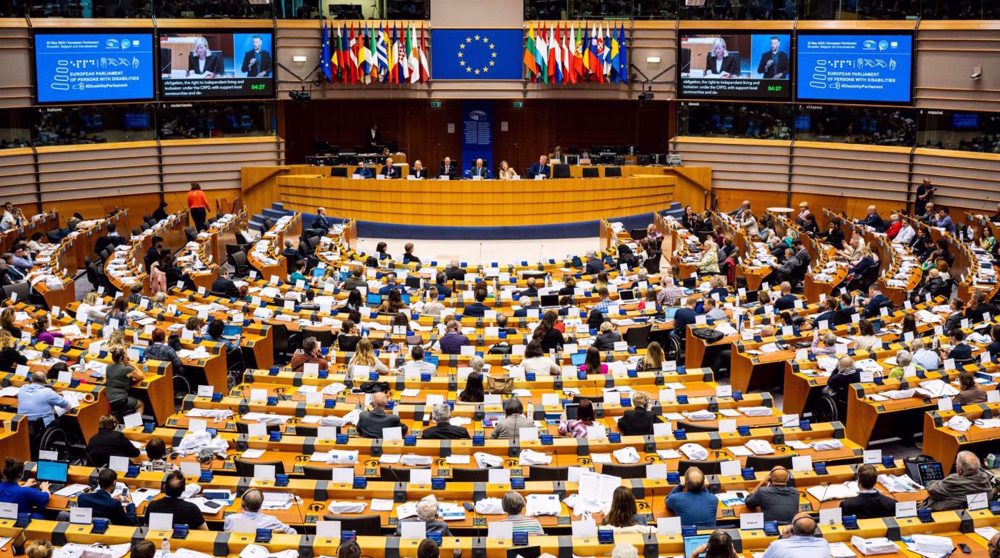EU warns social media giants to do more against online fake news
Amid a data scandal gripping Facebook, the European Commission has stepped up pressure on social media giants, warning them to do more against “disinformation campaigns” on the internet or face tougher regulations.
In a strategy piece published on Thursday, the Commission, which serves as the EU’s executive, urged online giants, including Facebook, Twitter and Google, to sign on to a special code of conduct within the next few months to tackle the spread of fake news.
The EU-wide Code of Practice on Disinformation, which will be drawn up by July, would require the online platforms to flag sponsored political content, introduce rules to close fake accounts, better monitor disinformation, and set up an independent network of fact-checkers.
“These (online) platforms have so far failed to act proportionately, falling short of the challenge posed by disinformation and the manipulative use of platforms’ infrastructure,” the strategy said.
“The Commission calls upon platforms to decisively step up their efforts to tackle online disinformation. It considers that self-regulation can contribute to these efforts, provided it is effectively implemented and monitored,” it added.
The development comes as trust in online social media has sharply dropped following revelations earlier this year on how US President Donald Trump’s campaign may have exploited data scrapped from Facebook to win the 2016 elections.
In early April, Facebook said data of up to 87 million users may have been improperly shared with Cambridge Analytica, a political consulting firm linked to Trump’s election campaign back in 2016.
The European Commission further wrote, “There are serious doubts about whether platforms are sufficiently protecting their users against unauthorized use of their personal data by third parties, as exemplified by the recent Facebook/Cambridge Analytica revelations.”
Meanwhile, the EU security commissioner, Julian King, voiced alarm over the security threats that fake news could pose to Europe.
“The subversion of trusted channels to peddle pernicious and divisive content requires a clear-eyed response based on increased transparency, traceability and accountability,” he said.
However, activists advocating freedom of expression have warned the European governments against rushing to take steps that could negatively impact the right to free speech.
King responded to those warnings by arguing that the proposal would not result in censorship or a crackdown on satire or partisan news.
Rights group slams Israel attempts to block ICC arrest warrants
Ukraine’s Zelensky pleas for Patriot missiles, NATO membership
Uma Oya: Iran’s engineering milestone for internationality
VIDEO | Protesters burn photos of G7 leaders ahead of energy meeting in Italy
Iran guarantor of Persian Gulf security, peace as foreigners wreaking stability: IRGC
14 Israeli troopers killed, wounded in resistance operation in central Gaza
Over 900 arrested at anti-war protests in US universities since April 18
April 28: ‘Axis of Resistance’ operations against Israeli occupation











 This makes it easy to access the Press TV website
This makes it easy to access the Press TV website